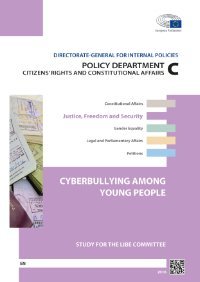by Rudolf Diesel (Author), Graeme R. Newman (Translator)
When Rudolf Diesel published Solidarismus: Natürliche wirtschaftliche Erlösung des Menschen in 1903, he was already celebrated as the inventor of the internal combustion engine that bore his name. Yet behind the engineer stood a man deeply troubled by the social consequences of industrial capitalism. He had seen firsthand the paradox of modernity: machines producing abundance while workers lived in misery.
By Rudolf Diesel. Translated from the German by Graeme R. Newman (assisted by ChatGTP)
Diesel’s Solidarism was his attempt to resolve this contradiction. It was neither Marxist nor anarchist, nor a conventional liberal reform. Instead, Diesel proposed a peaceful, cooperative, and disciplined movement in which ordinary workers, artisans, and families would pool resources into “People’s Treasuries.” From these would grow “Beehives”—productive cooperatives where every member shared in ownership and security. Over time, he envisioned these federating into a global network that could replace the inequities of capitalism with solidarity, justice, and peace.
The book attracted attention in Europe as an unusual hybrid of social thought, moral appeal, and engineering pragmatism. Diesel stressed repeatedly that he was not a professional economist but an inventor who felt compelled to seek “the natural economic redemption of mankind.” Some reviewers praised his sincerity and practical outlook; others dismissed him as a dreamer outside his field.
Socialists noted that Diesel rejected class struggle, revolution, and expropriation, favoring instead disciplined self-help and gradualism. Conservatives criticized his call for economic transformation beyond private capitalism. For both sides, Diesel seemed too unorthodox to embrace fully, but impossible to ignore. Diesel diagnosed the dangers of unregulated capitalism—inequality, insecurity, global rivalries—that remain urgent today. He envisioned cooperative economics, community-based security, and international solidarity long before these became mainstream topics.
In an era of global climate crisis, technological upheaval, and renewed questions about justice, Diesel’s voice speaks with surprising clarity. He insists that no technical advance has value unless it serves humanity; that no society can survive when millions live in fear and want; and that solidarity, not competition, is the moral law of the future.
Of course, Diesel’s scheme of Treasuries and Beehives reflects its own time, with the language and structures of early-twentieth-century Germany. But behind the particulars lies a timeless conviction: that human beings can organize economic life around justice, security, and brotherhood. His call is not to tear down violently, but to build patiently—penny by penny, act by act, institution by institution—the foundations of a more humane order.
This English edition makes accessible, for the first time in a complete form, Diesel’s forgotten social manifesto. It allows modern readers to see him not only as an inventor of machines, but as a moral thinker wrestling with the human meaning of technology.
Read-Me.Org Inc. New York-Philadelphia-Australia. 2025. . p.138.














